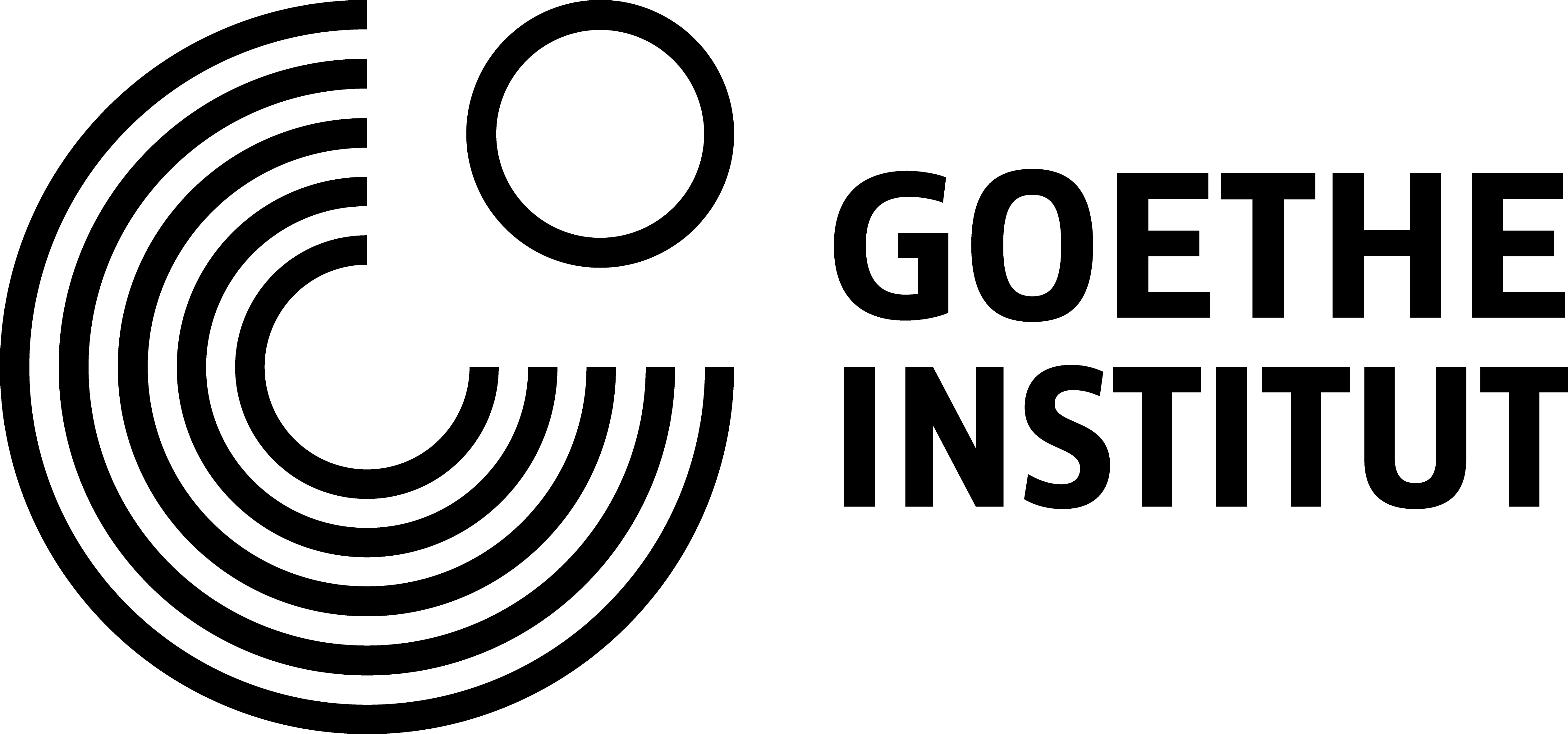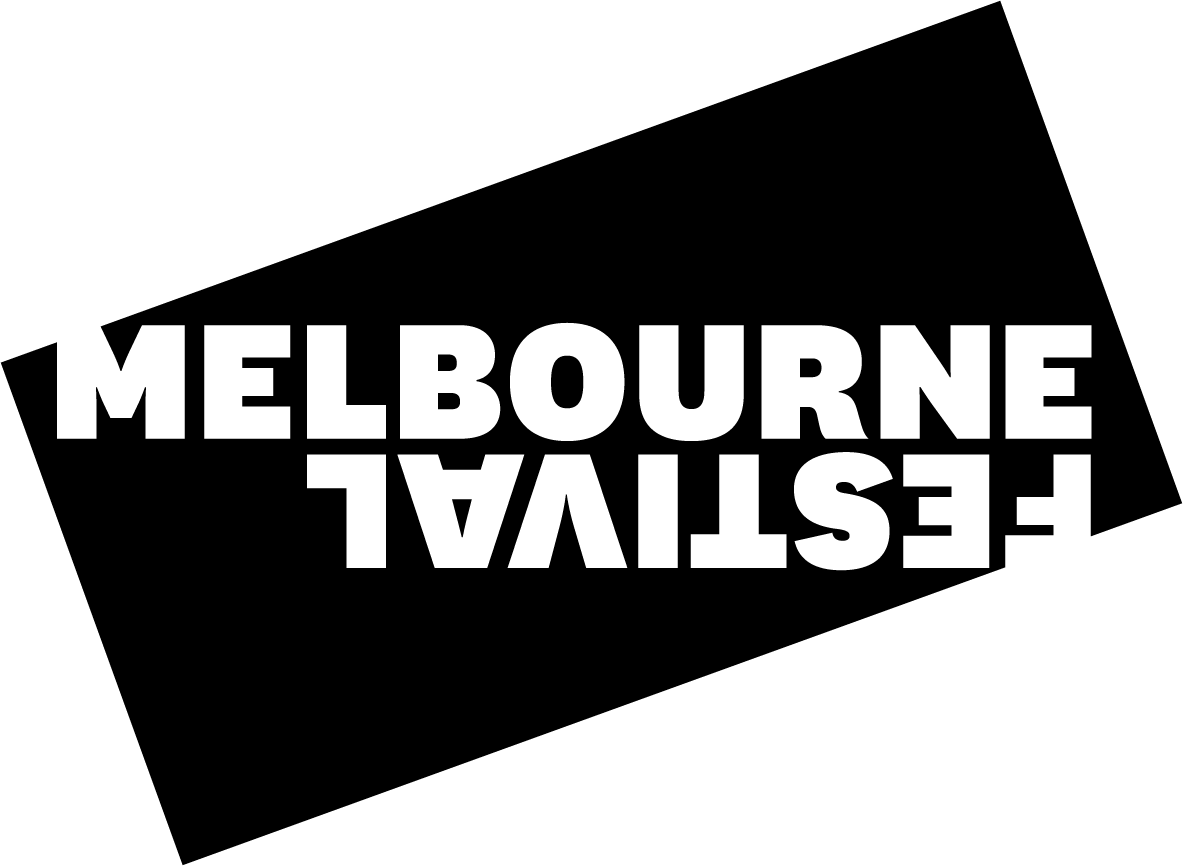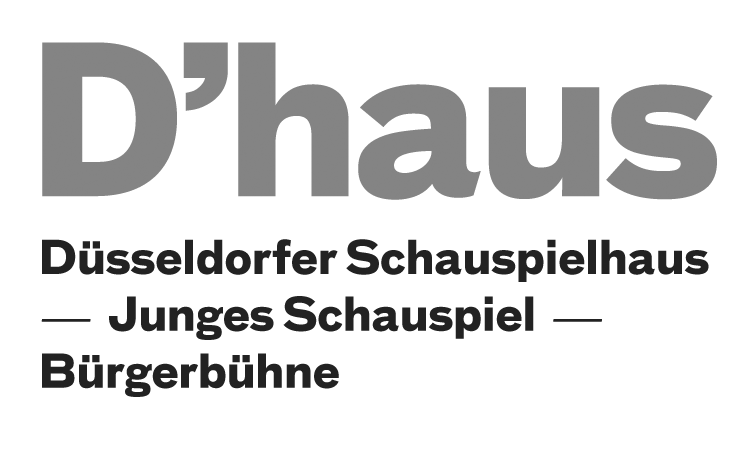
Top Secret International
(State 1)
Top Secret International (State 1) / Neues Museum Berlin
© Kevin Fuchs
The use of the photo is only free of charge in the context of the announcement of performances and with denomination of the author. Any further use of the photos, for example for illustration of reviews, shall be subject to payment of a fee. Please contact the photographer.
Download >

Top Secret International
(State 1)
Top Secret International (State 1) / Neues Museum Berlin
© Kevin Fuchs
The use of the photo is only free of charge in the context of the announcement of performances and with denomination of the author. Any further use of the photos, for example for illustration of reviews, shall be subject to payment of a fee. Please contact the photographer.
Download >

Top Secret International
(State 1)
Top Secret International (State 1) / Neues Museum Berlin
© Kevin Fuchs
The use of the photo is only free of charge in the context of the announcement of performances and with denomination of the author. Any further use of the photos, for example for illustration of reviews, shall be subject to payment of a fee. Please contact the photographer.
Download >

Top Secret International
(State 1)
Top Secret International (State 1) / Neues Museum Berlin
© Kevin Fuchs
The use of the photo is only free of charge in the context of the announcement of performances and with denomination of the author. Any further use of the photos, for example for illustration of reviews, shall be subject to payment of a fee. Please contact the photographer.
Download >

Top Secret International
(State 1)
Top Secret International (State 1) / Neues Museum Berlin
© Kevin Fuchs
The use of the photo is only free of charge in the context of the announcement of performances and with denomination of the author. Any further use of the photos, for example for illustration of reviews, shall be subject to payment of a fee. Please contact the photographer.
Download >

Top Secret International
(State 1)
© Benno Tobler
The use of the photo is only free of charge in the context of the announcement of performances and with denomination of the author. Any further use of the photos, for example for illustration of reviews, shall be subject to payment of a fee. Please contact the photographer.
Download >

Top Secret International
(State 1)
© 2017 Ben Gancsos
Every use of the photo shall be subject to payment of a fee. Please contact the photographer.
Top Secret International
(State 1)
© Rimini Protokoll
Staatsschauspiel Dresden / Albertinum
The use of the photo is free of charge.
Download >

Top Secret International
(State 1)
© Sebastian Hoppe
Staatsschauspiel Dresden / Albertinum
The use of the photo is only free of charge in the context of the announcement of performances and with denomination of the author. Any further use of the photos, for example for illustration of reviews, shall be subject to payment of a fee. Please contact the photographer.
Download >

Top Secret International
(State 1)
© Sebastian Hoppe
Staatsschauspiel Dresden / Albertinum
The use of the photo is only free of charge in the context of the announcement of performances and with denomination of the author. Any further use of the photos, for example for illustration of reviews, shall be subject to payment of a fee. Please contact the photographer.
Download >

Top Secret International
(State 1)
© Sebastian Hoppe
Staatsschauspiel Dresden / Albertinum
The use of the photo is only free of charge in the context of the announcement of performances and with denomination of the author. Any further use of the photos, for example for illustration of reviews, shall be subject to payment of a fee. Please contact the photographer.
Download >

Top Secret International
(State 1)
© Sebastian Hoppe
The use of the photo is only free of charge in the context of the announcement of performances and with denomination of the author. Any further use of the photos, for example for illustration of reviews, shall be subject to payment of a fee. Please contact the photographer.
Download >

Top Secret International
(State 1)
©SebastianHoppe
The use of the photo is only free of charge in the context of the announcement of performances and with denomination of the author. Any further use of the photos, for example for illustration of reviews, shall be subject to payment of a fee. Please contact the photographer.
Download >
Top Secret International
(State 1)
@Benno Tobler, www.benno-tobler.com
The use of the photo is free of charge.
Download >

Top Secret International
(State 1)
© 2017 Ben Gancsos
Every use of the photo shall be subject to payment of a fee. Please contact the photographer.

Top Secret International
(State 1)
© 2017 Ben Gancsos
Every use of the photo shall be subject to payment of a fee. Please contact the photographer.

Top Secret International
(State 1)
Top Secret International (State 1), Kunstpalast Düsseldorf 2017
©Sebastian Hoppe
The use of the photo is only free of charge in the context of the announcement of performances and with denomination of the author. Any further use of the photos, for example for illustration of reviews, shall be subject to payment of a fee. Please contact the photographer.
Download >

Top Secret International
(State 1)
© Benno Tobler
The use of the photo is only free of charge in the context of the announcement of performances and with denomination of the author. Any further use of the photos, for example for illustration of reviews, shall be subject to payment of a fee. Please contact the photographer.
Download >
Top Secret International
(State 1)
By Haug / Kaegi / Wetzel
State 1-4
With their series State 1–4, Rimini Protokoll set out to explore fields outside of what can be organized and controlled by the nation-state today. Rimini Protokoll look back at the essence of the powers whose separation was once intended to form the essential mechanism for monitoring state structures. To what extent are these powers still able to regulate the decisive impetuses for change faced by societies?
Top Secret International (State 1)
What do states keep secret? What secrets do other states attempt to uncover with their intelligence services? How is this information passed on, compiled, evaluated? When can state secrets become valuable currency? The value of every piece of information changes at the very moment it is shared with someone else: when does it become worthless? And is it predictable?
In times of global surveillance scandals, purported no-spy agreements and increasing numbers of whistleblower platforms, with Top Secret International (State 1) Rimini Protokoll enter the global web of state secrets and secret services – the state within the state. In the first part of the tetralogy, which will deal with post-democratic phenomena for two years, an algorithm and a smartphone turn audience members into inconspicuous agents. Playing the role of journalists, visitors will listen in on investigations by foreign intelligence services, put themselves in the shoes of a whistleblower or be fitted with a legend. Between statues in a museum, they can hardly be singled out from other museum visitors. Using subtle gestures, purposeful movements, they access files and archives that open gradually; biographies from politics, journalism and espionage, globally active individuals with security clearance and activists mark out the playing field. The audience members watch and track one another, contact one another, form coalitions or refuse to connect.
Concept, Text, Direction: Helgard Kim Haug, Stefan Kaegi, Daniel Wetzel
Dramaturg: Imanuel Schipper
Interaction design: Steffen Klaue
System development: Stefan Curow, Martin Ohmann
Speakers: Damian Rebgetz, Mona Vojacek Koper
With the voices of: Jacob Appelbaum (journalist and computer security specialist), Marcus Aurelius (Roman emperor), Kai Biermann (investigative journalist, Zeit Online), William Binney (former NSA technical director), Jonathan Bloch (lawyer, author), John Brennan (former CIA director), Kate Doyle (human rights lawyer, USA), Amir F. (unofficial collaborator of the Iranian secret service), Michael George (Cyber-Allianz Zentrum Bayern, Bavarian Office for the Protection of the Constitution), member of the Bundestag Dr. André Hahn (deputy chairman of the Parliamentary Control Panel of the Bundestag, member of the Bundestag Die Linke), John Kiriakaou (former CIA employee), Max M. (freelance collaborator, BND), Thomas de Maizière (Federal Minister of the Interior), Bill Marczak (University of Toronto’s Citizen Lab), Plato (Greek philosopher), Avi Primor (former Israeli ambassador to Germany), Eric Rabe (hacking team), Anne Roth (political scientist, advisor for the Die Linke party in the NSA investigative committee), Andor Sandor (former Czech intelligence official), Gerhard Schindler (former BND president), James Shortt (ex-KGB), Gwenyth Todd (former White House security advisor), Kosta Tsetsos (conflict researcher, Bundeswehruniversität), Ben Wizner (lawyer, American Civil Liberties Union), Jannis X. (member of the secret police, Greece), a lawyer, a surveillance expert, a dissident from China and a cadre member of the Communist Party of Cuba.
Research, Interviews, Translation, Text Collaboration: Shahab Anousha, Kefei Cao, Timothy Carlson, Uwe Gössel, Alexander Manuiloff
Translation: Justina Bartoli
Sound: Martin Sraier-Krügermann
Sound Mastering: Peter Breitenbach
Technical director: Hans Leser, Sven Nichterlein
Project coordinator: Jessica Páez
Props: Dido Govic, Lena Mody, Katharina Schütz
Director’s Assistance: Anta-Helena Recke
Dramaturgy Assistance: Anna Königshofer
Technical Assistance: Robert Läßig
Production Assistance: Anna Florin, Annette Müller
Intern: Francesca Rieker
A production of Rimini Apparat and the Münchner Kammerspiele, in co-production with the Goethe-Institut and the Haus der Kulturen der Welt, with support from Melbourne Festival. It is part of the two-year interdisciplinary project Sensitive Data, a collaboration between the Goethe-Institut and its partners.


.png)

In cooperation with the Staatliche Antikensammlung and the Glyptothek München.

The series State 1-4 is a cooperation between Haus der Kulturen der Welt, Münchner Kammerspiele, Schauspielhaus Düsseldorf, Staatsschauspiel Dresden, Schauspielhaus Zürich and Rimini Protokoll as part of 100 Years of Now, funded by the Federal Government Commissioner for Culture and the Media. State 1 was co-initiated by the Goethe-Institut, as part of “Sensible Daten”, a international long term project by Goethe-Institut and the Bundeszentrale für politische Bildung, Münchner Kammerspielen and Bard College.
.png)








